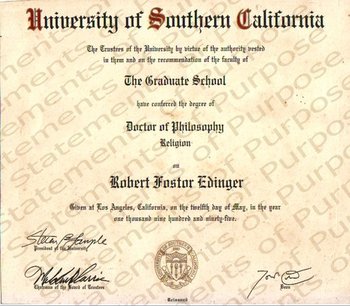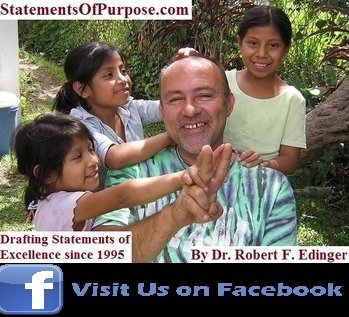Priority Service Checkout US$249.00 (Includes resume or CV edit/enhance/revamp)
Priority Checkout US$199.00 (Statement Only)
Free Consultations: [email protected]
Samples of our work in TESOL & Closely Related Areas
- Ph.D. in Linguistics, Culture & Language, Korean
- Master’s Degree Linguistics, Applicant from Ghana
- MSc Degree in Applied Linguistics and English
- MA Master’s TESOL, Middle East, Iran
- PHD Doctorate TESOL, Saudi Arabia
- PHD Doctorate TESOL, Libya
- TESOL Advanced Certificate Program, Korean Woman
- MA Masters TESOL, Saudi Arabia
- MA Masters TESOL, Argentina
- MA Masters Sociolinguistics, English Literature, Japan
Statements of Excellence in TESOL

I want to help you get accepted to Graduate School in TESOL.
It is very important that you carefully review the style and presentation of your application material for graduate school before submitting it, especially your Personal Statement of Purpose. Seeking the assistance of a professional writer is often a very good idea, especially if English is your second or third language. I would be happy to draft the first paragraph free of charge so that I have the opportunity to demonstrate to you how I can help in this regard. You will only need to pay for my services if you are very impressed with the first paragraph and decide to commission me to draft the entire statement.
I would be happy to provide you with a highly eloquent Statement that portrays you as someone with enormous potential to contribute to the advance of the field of TESOL over the long term. After you fill out my Online Interview Form, I will ask you some specific questions by email if I need any further information. Please also send your resume/CV and or rough draft if you have one.
My service is quite different from other statement writing services on the Internet for several reasons. I am the little guy on the web, not a big business like most of my competitors. You deal directly with me. I answer all of your questions completely free of charge and I am solely responsible for producing a statement that you are very pleased with.
Most recently edited Statement Samples.
Please note that I attend to my clients in the order in which I have received their payments. To qualify for my discount price of US$199.00, all you need to do is drop by any Western Union location worldwide, fill out the form, and pay the money. Please note that you also need to pay around US$10.00 to send the money.












